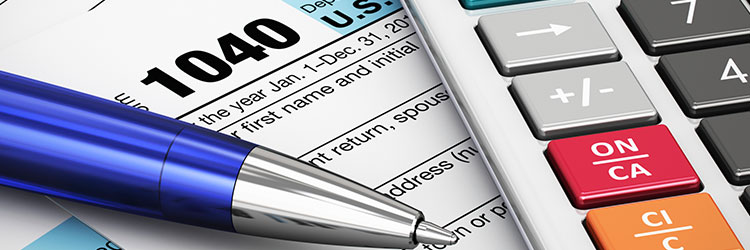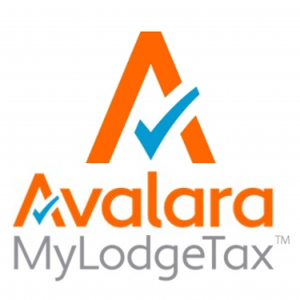The Income Tax Filing Season Is Upon Us – How to Handle Lodging Taxes Properly
- Feb 17, 2017 | MyLodgeTax

If you’re like millions of taxpayers, you’re probably either anxiously awaiting your tax refund by now, or are dreading filing and pushing it off until the deadline — Tuesday, April 18th this year, so enjoy a few extra days’ reprieve! And if you’re like millions of other taxpayers, you were an active participant in the “sharing economy” last year and are perhaps facing some new income tax considerations associated with driving for Uber, or renting a house or room on Airbnb. Last year, the IRS unveiled a new Sharing Economy Tax Center aimed at helping taxpayers account for these activities correctly on their 2016 income tax return. Understandably, the IRS content focuses on Issues for Individuals Performing Services — like a car shuttle service or short-term property rental. But remember, the IRS is exclusively concerned with collecting the proper taxes on your income at the federal level.
By contrast, lodging taxes are collected at the local level — typically city, county, and state. They are a form of sales tax on a rental transaction and thus lodging taxes are completely separate from income tax. As important as it is to report your income from Uber or Airbnb on your federal and state income tax returns, in the case of short-term property rentals, you should also be collecting and remitting lodging taxes — commonly on a monthly and/or quarterly basis.
But don’t despair. Lodging tax doesn’t come out of your pocket — the government isn’t dipping into the rental revenues you’ve collected. It’s actually your renters who pay the tax, but as the property owner, you are responsible for collecting the tax and then remitting the tax returns & payments to the local tax agencies. But before you can start collecting and remitting taxes, you also likely need to get a license or permit (possibly multiple) that allows you rent your property legally. This is also a check and balance with the local tax agencies to ensure that anyone actively registered to operate a rental property in their jurisdiction is filing the necessary returns.
The first step is understanding that unlike income tax, lodging taxes are filed year-round and are a tax on the rental transaction, not on your rental income. You won’t find lodging tax advice on the new IRS website! Although you may now recognize that lodging tax compliance is an altogether separate consideration than income taxes, actually complying with all of your local lodging tax requirements and regulations is where things get complicated and confusing. Having to obtain multiple licenses or permits and then keeping the tax rates and filing periods straight — to say nothing of actually completing and submitting the forms and payments to each tax agency — can get really tricky, really quickly. And the challenge is only compounded if you have multiple properties!
That’s where we come in. For just a few dollars per month, we handle it all so that you can focus on anything else other than lodging taxes. Rest comfortably knowing you’re 100% compliant — guaranteed. It’s what we do.











